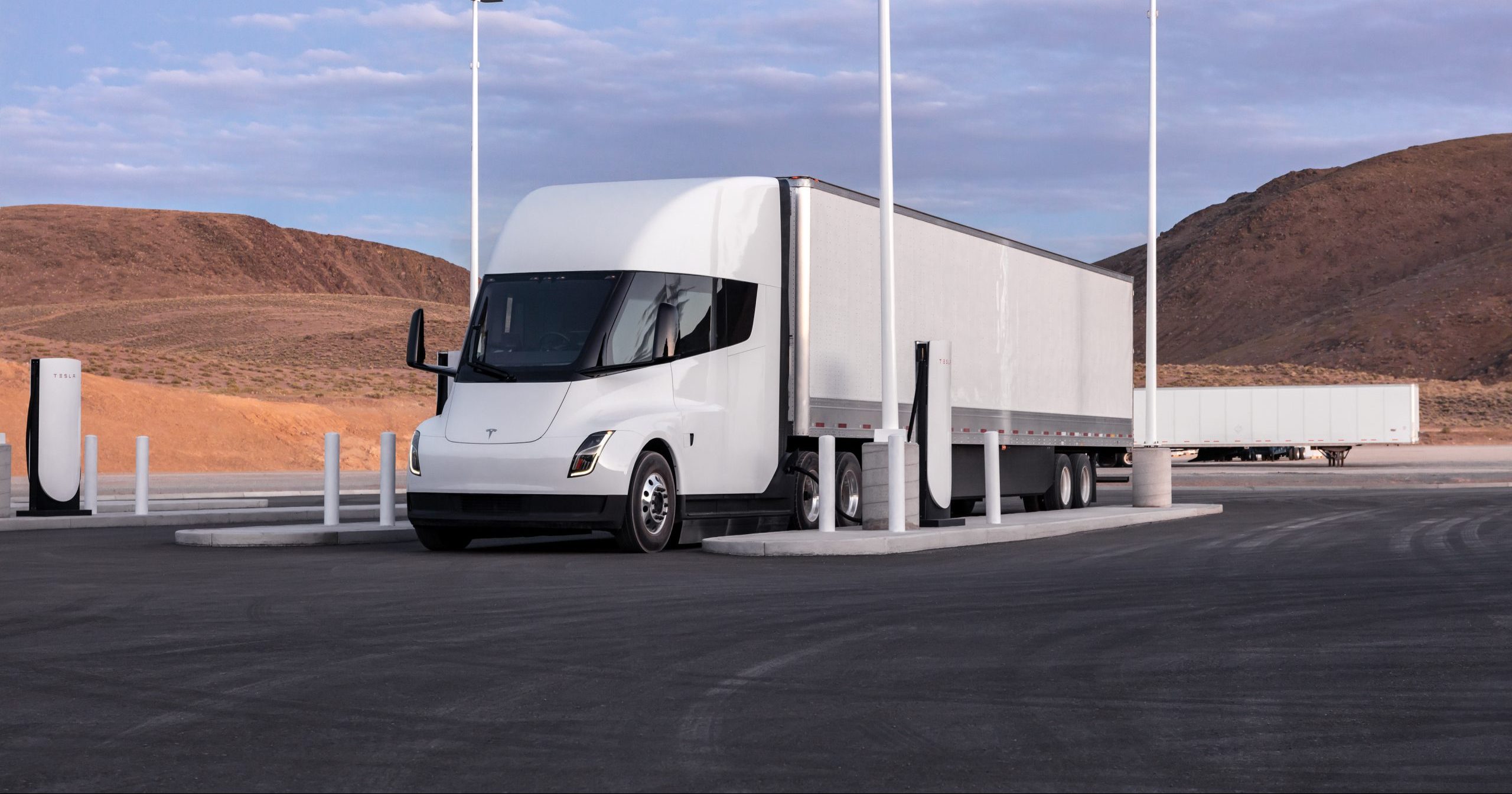Everything uses little power going down hill. Gravity is doing the work.You do know that a truck uses very little power going down the road. The main drag is going up hills, which is where electric motors shine. Tesla has already done numerous tests driving loaded semis powered by the same motors used in the Model 3. Diesel engines used in trucks today are notorious for having little torque or power. And yes, I used to drive diesel semis. The power needed to move the "loaded weight of a typical freight truck", that is, a max of 80.000 lbs, is easily handled by electric motors. Once the truck is moving at speed, there is very little extra power needed, loaded or not.
Going up hill has little to do with drag and more to do with the fact that you're fighting gravity. Of course, some of the energy utilized going up hill can theoretically be recouped going down hill.
That is additional energy you have to expend in addition to overcoming wind and road drag. Electric motors are indeed efficient, but what really matters when it comes to semi trucks is energy density, which is currently not that great. It is not true that it takes very little power once at speed. You're talking about overcoming 82000 lb of drag on the flat roadway. Assuming all else constant, this is 20x more power consumption than a Model 3.
You're also talking about overcoming a large frontal area of the truck moving at 70 mph on freeway. This is also probably 5-10x of Model 3.
This is not negligible. Yes, getting up to speed takes a lot of energy, but maintain this power consumption at 70 mph for 500 miles takes a lot more energy. If a Model 3 needs 30-50 HP to maintain constant speed at a given speed, the semi will need >10x that! Tesla website even says >2 mWh/mile. That's < 0.5 miles/ kWh. A model 3 gets roughly 4 miles/kWh (4.5 if you go by Tesla's numbers). That's 8-10 worse efficiency than Model 3 and that's according to Tesla's numbers, which are probably a conservative estimate. Chances are at freeway speeds this is going to be even lower. Reducing this efficiency by even 25%, you're looking at 0.375 miles/kWh. For a 1 MWh (1,000KWh) battery pack, that's probably going to be 375 miles, and that's assuming 100% battery. Factoring in 10% buffer on the bottom and the top end, you're talking about 80%, or 300 miles of real world range. This is before you factor in the cold weather performance. We also haven't even mentioned the fact that a 1 MWh battery pack will weigh on the order of 15,000 lbs. That's effectively reducing the amount of stuff you can haul.
300 miles is still very useful in the trucking world. Don't forget trucks have to be loaded/unloaded and the drivers can only drive X hrs/day. All of this downtime is potentially charging time, given the right infrastructure, which I'm sure will be in place at some point.
Let's try to be a little objective here.





